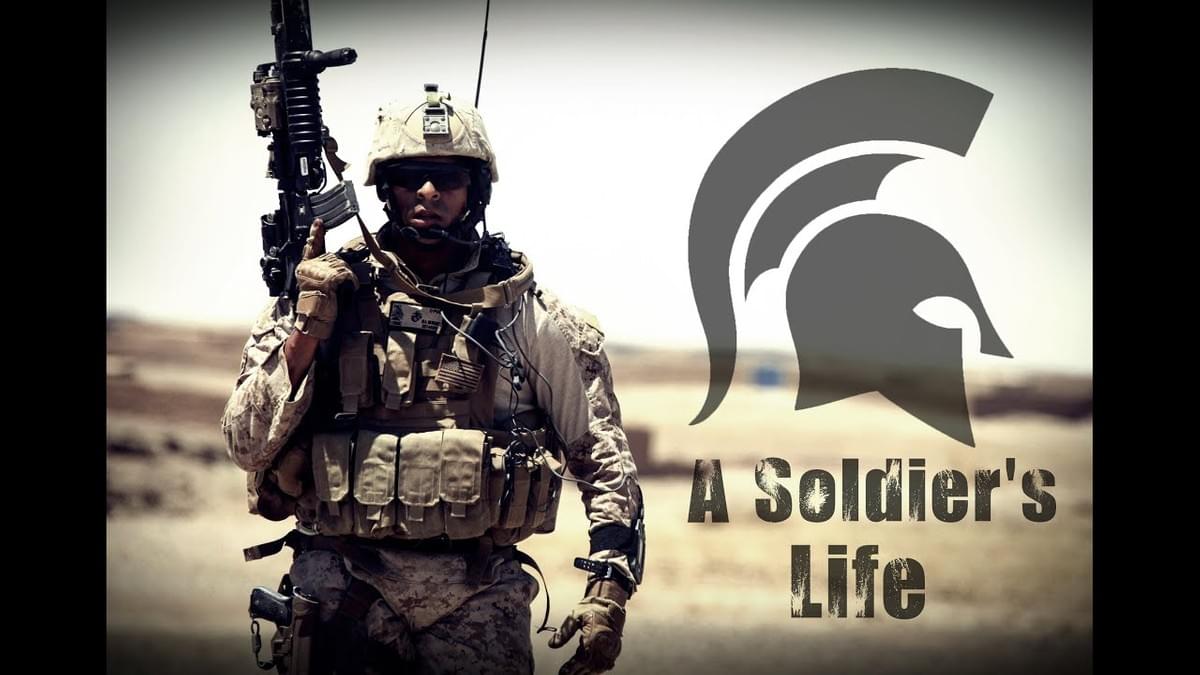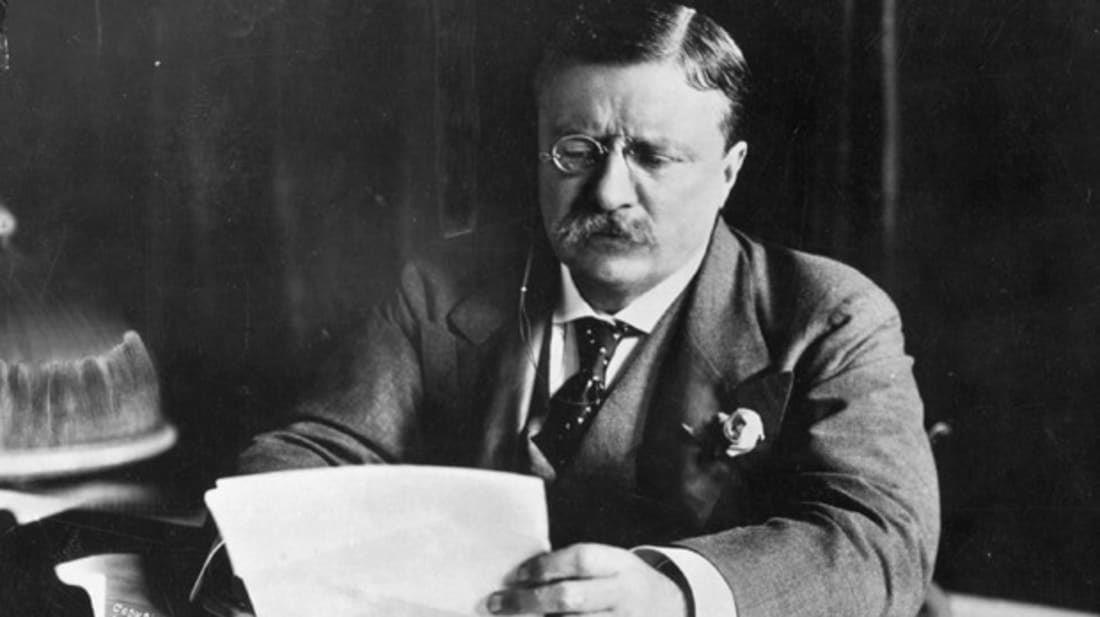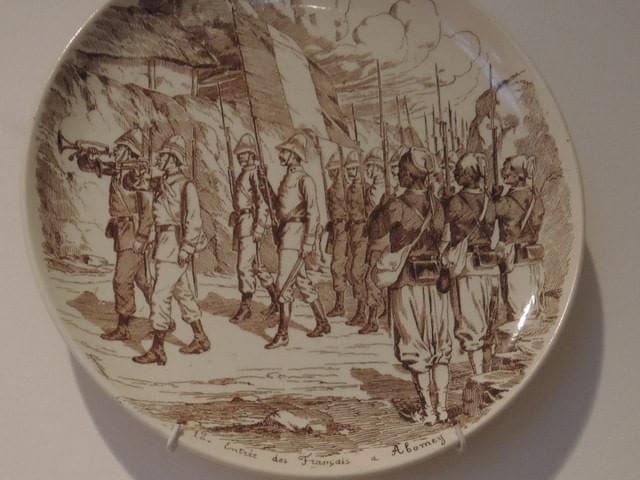
Roosevelt's Egg
These foods were very common before 1943, and after four or three years, the raw materials from the rental bill were also very common. These ingredients are often referred to as the 'second front line' and the egg powder is called 'Roosevelt's Egg.' Food aids include flour, dried beans, beans, sugar and canned meat. Others are Tushonka butter (a thing made from gelatinized mashed), vegetables, oil, margarine, canned or chunky dry milk, dried eggs, semolina and coffee.

Although the supply of coffee has not been interrupted, tea is still a traditional common drink. Russian teapots (Samovar, a traditional Russian tea maker similar to a coffee maker) are common on the front lines. Bread and sausage rations are also common during combat operations. When some of the troops narrowed the ring of Stalingrad, some of the released Soviet prisoners of war died of this uncommon reason: they fed the weak bread and sausages, but they did not know that their bodies were weak enough to digest those.
Soldier's tableware:

Soldier's tableware is made locally, or distributed, or seized in Germany. There are two styles of cutlery, the early ones are small mouth pots with water scoops, and the later ones are kidney-shaped German styles. It is said that Soviet soldiers prefer German tableware.
Usually when they eat, they use a large spoon brought from home. When recruits are enlisted in the army, they will be told to bring a large spoon from home. This is the famous 'big spoon order.' When the soup spoon is not in use, it will be carried in the boots.
Tobacco Usage :

After the meal, the soldiers may want to smoke, and the soldiers usually smoke themselves. Use cheap Mamorka (made by the smoker's own hand, not machine production). Paper for cigarettes is generally difficult to obtain. So the soldiers used a variety of papers, usually newspapers from the regiment. Before the war, the Soviet Union did not make Western-style cigarettes. Only tobacco that is directly used in paper rolls. [It may be similar to the famous 'big baby' cigarette in our country] and the paper tube is half full.
Even this is hard to get in the war. Tobacco is usually issued by senior military officers. those people use tobbaco as military diet substitutes for Pravda and Red Star are standard cigarette papers. Some soldiers said that in all aspects of life, what he cares most about is the quality of smoke. Sometimes soldiers will also tear books to cigarettes. Fortunate soldiers may use the Rent Act to provide 987 tons of cigarette paper from the Soviet Union. German cigarettes are the best confiscated goods, and Katukov has been enjoying German smoke during the General War. The taste of Ma Heyan is more like dead wood. Alexander Werth mentioned: 'The taste of Russia is: leather boots, black bread, cabbage, horses and tobacco.